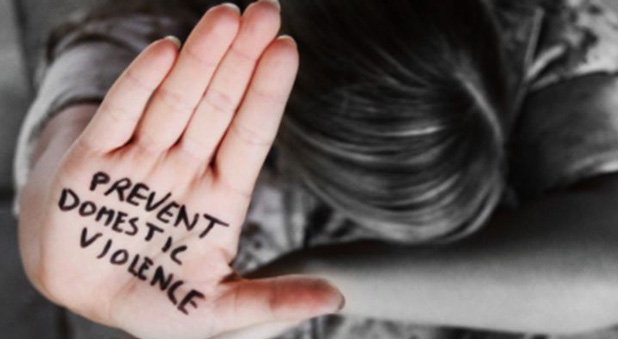The Domestic Violence Taskforce has urged rectors and parish councils to establish domestic violence policies for their churches.
The call follows the issuing of a flowchart to parishes, which illustrates the action that should be taken once church staff or members become aware of the possibility of violence in a relationship.
The taskforce brought a Domestic Violence policy to Synod in 2017 and since then has been gathering feedback from churches and experts about the best ways to tackle the problem.
“I’ve been really encouraged to notice how many ministers appear to have begun to better understand domestic abuse as it impacts people in our churches,” said taskforce chairman, the Rev Canon Sandy Grant.
“However, there is an important role for church members in this, too. For example, a fellow growth group member might be the person someone chooses to confide in. Therefore it is important for rectors and parish councils to consider ways of raising awareness of our stance on domestic abuse.
Raising Awareness
“One way to achieve this is to consider passing a local domestic abuse policy. There was a suggested sample as an appendix to our diocesan Policy passed at last Synod. Our parish in Wollongong has already done so.”
The flowchart being circulated to churches lists a number of steps once a person discloses domestic abuse.
In the first section headed “Respect and Listen”, people are urged to do things such as listen with acceptance, not ask for proof, assure the victim it’s not their fault, talk about confidentiality and assess the immediate risk of harm.
The document then outlines a “Safety First” strategy that may involve calling police and lists a number of contacts for people to call – especially if there is immediate risk of harm.
Safety First
“A very helpful step is to use noticeboards in your church buildings to highlight the key contact phone numbers and websites for places to get help,” Canon Grant says. A number of churches have already put up information posters in toilets and other areas.
Contacts include the 1800 Respect national helpline, Anglicare Domestic Violence Adviser, the Daisy phone app or the NSW Domestic Violence Line.
The final step of the flowchart leads to two alternatives: action involving police or authorities, or no formal action.
Even if no formal action results, the flowchart says, “Your time was well spent. A victim knows they have been believed, is not in the wrong, and can return to you for further help”.





























